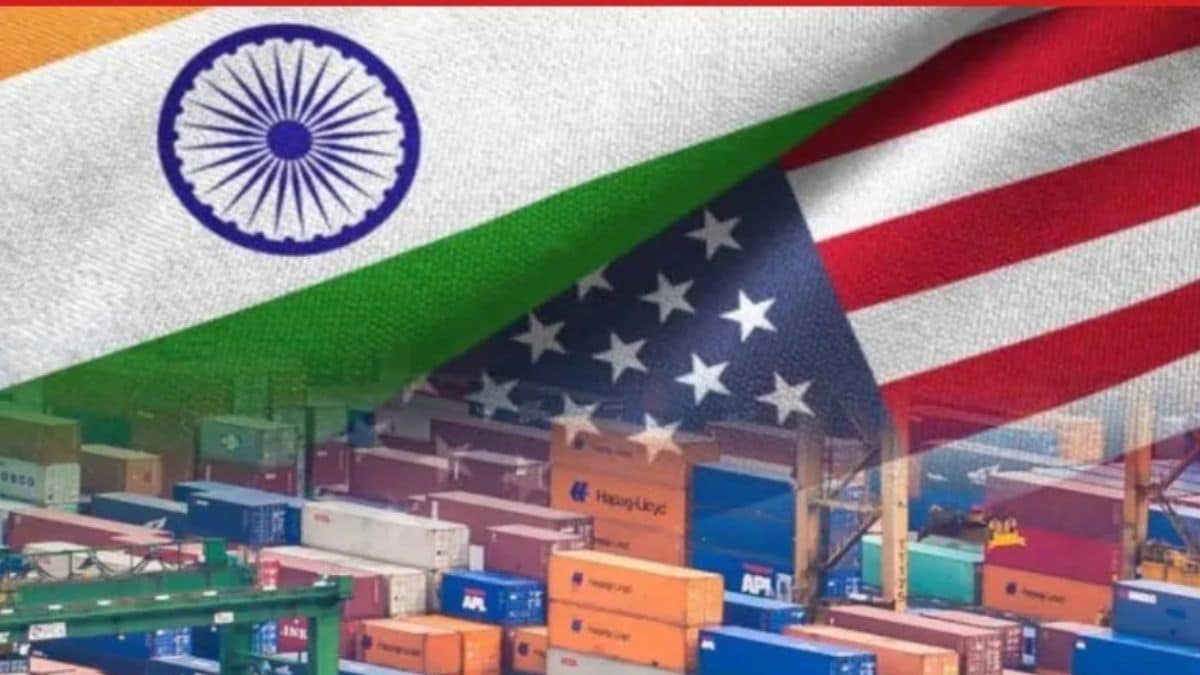

Amid ongoing trade negotiations, India has responded to the United States' imposition of tariffs on automobile imports by proposing retaliatory duties on select U.S. products. This action, formalized through a notification to the World Trade Organization (WTO), marks a significant escalation in trade tensions between the two nations.
The U.S. decision, effective from May 3, 2025, involves levying a 25% ad valorem tariff on imports of passenger vehicles, light trucks, and certain automobile parts from India. India contends that these safeguard measures contravene the General Agreement on Tariffs and Trade (GATT) 1994 and the WTO Agreement on Safeguards. New Delhi has also emphasized that the U.S. has not officially notified these measures to the WTO, despite their considerable impact on bilateral trade.
In its notification to the WTO's Council for Trade in Goods, India outlined its plan to suspend concessions or other obligations under the WTO framework. This suspension would take the form of increased tariffs on selected products originating in the United States. India has invoked its right under WTO rules to suspend equivalent concessions, citing the lack of consultations requested by India.
According to the notification, the U.S. tariffs are projected to affect Indian exports worth $2.895 billion annually, resulting in an estimated $723.75 million in duty collection. India's proposed suspension of concessions aims to collect an equivalent amount of duty from products originating in the United States. The specific products targeted and the level of tariffs remain unspecified, with India reserving the right to modify the list and tariff levels as necessary and to issue further notifications if required.
This development occurs amidst ongoing negotiations between India and the U.S. aimed at reaching a trade agreement. India is reportedly considering lowering tariffs on a range of imports, including automobiles and chemicals, to potentially mitigate the impact of the U.S. tariffs and facilitate a trade deal. However, some sectors, such as dairy, are not expected to see any tariff reductions.
The U.S. tariffs and India's retaliatory response underscore the complexities and challenges in the trade relationship between the two countries. While both nations are engaged in discussions to address trade imbalances and promoteFair Trade, disagreements persist on key issues such as agricultural market access and tariff levels. The ongoing trade dispute highlights the importance of adhering to WTO rules and seeking mutually acceptable solutions to resolve trade disputes.